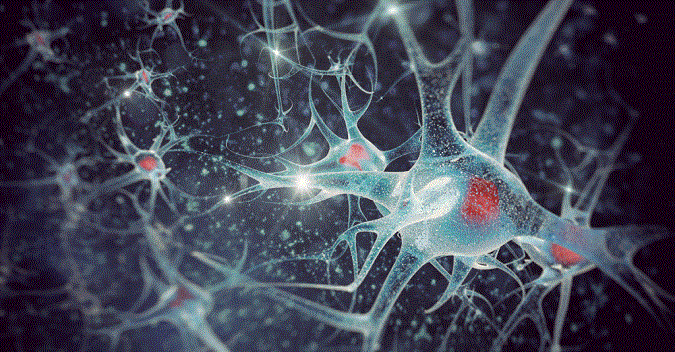Three neuroscientists win $1 million Kavli Prize for discovering brain’s plasticity
 ——-
——-
Three neuroscientists win $1m award for discovering brain’s plasticity (STAT):
“Three neuroscientists whose research overturned decades-old notions about how and whether the brain can change in response to experience have won a $1 million Kavli Prize in Neuroscience, the Norwegian Academy of Science and Letters announced on Thursday.
In an event live-streamed from Oslo to the World Science Festival in New York City, academy president Dr. Ole Sejersted said that Michael Merzenich of the University of California, San Francisco, Carla Shatz of Stanford University, and Eve Marder of Brandeis University were being honored for discovering “mechanisms that allow experience and neural activity to remodel brain function.”
The discoveries have led to the development of cochlear implants for hearing loss and to therapies that exploit the brain’s power of “neuroplasticity” to recover from stroke, depression, Tourette syndrome, and other conditions — all without the use of drugs…Neuronal activity, generated either by what we do or what we think, literally sculpts the connections between neurons and thereby changes the structure and function of circuits, the Kavli laureates demonstrated.”
To learn more:
- Three neuroscientists win $1m award for discovering brain’s plasticity
- How learning changes your brain
- Interview with Michael Merzenich on Brain Training, Assessments, and Personal Brain Trainers
(From the Interview)
Question: There are many different technology-free approaches to harnessing/ enabling/ driving neuroplasticity. What is the value that technology brings to the cognitive health table?
Answer: It’s all about efficiency, scalability, personalization, and assured effectiveness. Technology supports the implementation of near-optimally-efficient brain-training strategies. Through the Internet, it enables the low-cost distribution of these new tools, anywhere out in the world. Technology also enables the personalization of brain health training, by providing simple ways to measure and address individual needs in each person’s brain-health training experience. It enables assessments of your abilities that can affirm that your own brain health issues have been effectively addressed.
Of course substantial gains could also be achieved by organizing your everyday activities that grow your neurological abilities and sustain your brain health. Still, if the ordinary citizen is to have any real chance of maintaining their brain fitness, they’re going to have to spend considerable time at the brain gym!
One especially important contribution of technology is the scalability that it provides for delivering brain fitness help out into the world. Think about how efficient the drug delivery system is today. Doctors prescribe drugs, insurance covers them, and there is a drug store in every neighborhood in almost every city in the world so that every patient has access to them. Once neuroplasticity-based tools and outcomes and standardized, we can envision a similar scenario. And we don’t need all those drug stores, because we have the Internet!
Having said this, there are obvious obstacles. One main one, in my mind, is the lack of understanding of what these new tools can do. Cognitive training programs, for example, seem counter-intuitive to consumers and many professionals “ why would one try to improve speed-of-processing if all one cares about is memory? A second obvious problem is to get individuals to buy into the effort required to really change their brains for the better. That buy-in has been achieved for many individuals as it applies to their physical health, but we haven’t gotten that far yet in educating the average older person that brain fitness training is an equally effortful business!
–> Keep reading this comprehensive Interview with Michael Merzenich on Brain Training, Assessments, and Personal Brain Trainers


